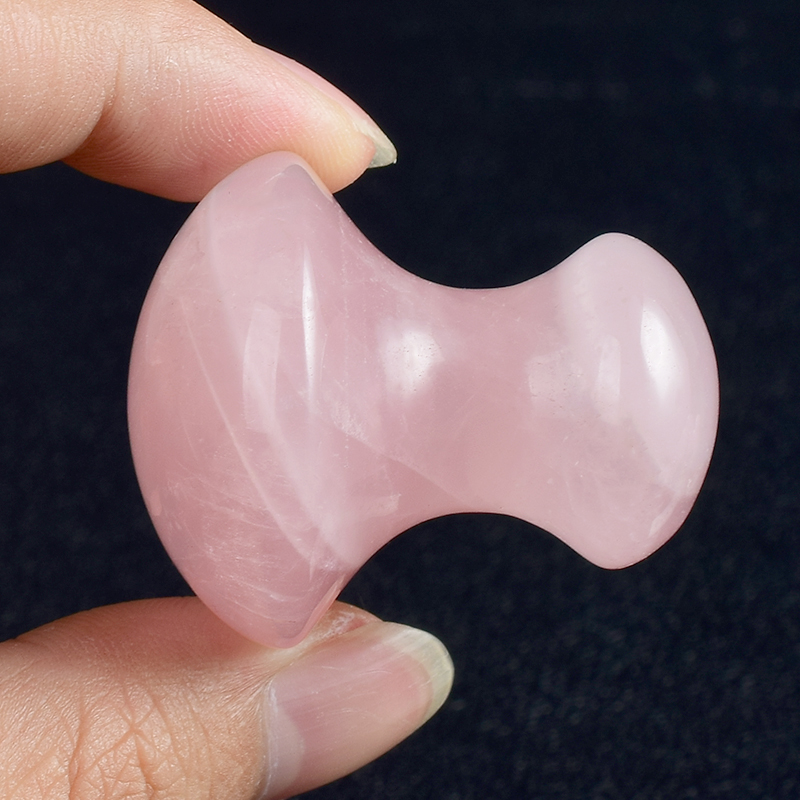Traditional Chinese medicine, as our country’s traditional medicine, has a profound heritage and can effectively treat a variety of diseases. However, while using Chinese herbs for treatment, one must be cautious of the potential liver damage certain herbs may bring. Here are some common Chinese herbs that should be used with caution and their potential risks:
Fo-Ti is widely used in traditional Chinese medicine, but Fo-Ti that has not been properly processed contains emodin, which may pose a threat to the liver. Improper use can lead to decreased appetite, fatigue, liver area pain, and in severe cases, itching and jaundice. Therefore, the use of Fo-Ti must be done under medical advice and is not suitable for everyone.
Sanchi, unlike the well-known tonic Sanqi, contains pyrrolizidine alkaloids that can disrupt the health of the small veins in the liver, causing liver damage. Using Sanchi without medical guidance carries high risks and should be avoided.
Senna leaf is commonly used to relieve temporary constipation, but the anthraquinone substances it produces may be harmful to the liver, especially for those prone to frequent diarrhea or spleen and stomach deficiencies, they should avoid its use.
Mugwort leaves are commonly used to alleviate menstrual pain, but long-term heavy consumption of beverages or drugs made from it, with its volatile oil components, can accumulate and burden the liver in the long run, even increasing the risk of liver cirrhosis.
Ginkgo nuts, also known as silver apricot seeds, are beneficial for moistening the lungs and stopping coughs when consumed in moderation, but excessive intake may lead to poisoning due to toxic substances like ginkgolic acids, potentially causing acute liver toxicity.
When using Chinese medicine for treatment, pay attention to the following: – Ensure you purchase medicine from reputable sources to avoid poisoning due to improper herb processing or quality issues. – Individual conditions and physical constitutions vary, personalized prescriptions should be issued by professional Chinese medicine doctors after diagnosis, strictly follow medical advice, and ensure proper decocting methods. – Considering the toxicity of some herbs, long-term continuous use is not advisable, monitor changes in liver function, and if abnormalities are found, promptly discontinue or adjust the medication regimen.
In conclusion, it is crucial to understand and use Chinese medicine correctly, refrain from self-diagnosing, to avoid inadvertently harming your health. While benefiting from the advantages of traditional Chinese medicine, safe medication remains the top priority.


